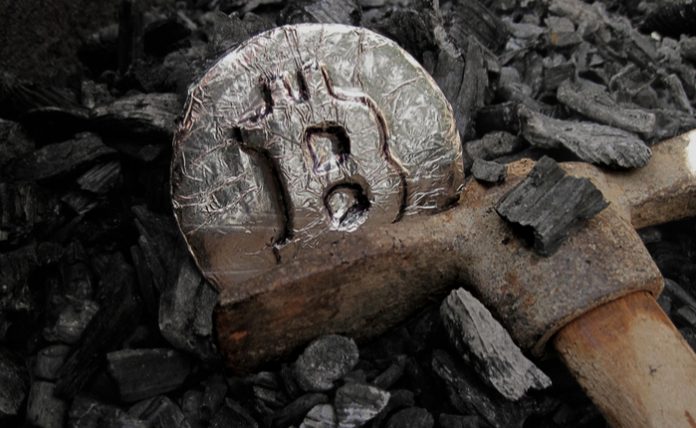Experts in cryptocurrency often explain how blockchain-based digital coins can become systems for dealing with national economic problems on a grassroots level.
The country of Iran is often brought up as a good example.
Currently, Iran is dealing with tough international sanctions, as well as dramatic losses in oil revenues.
There’s a high unemployment, and a lot of poverty within the country.
However, subsidized electricity means that electric power is still affordable, and crypto mining has emerged as a way to create value that’s international rather than dependent on the domestic economy.
In reactions to this trend, the country has adopted some unusual approaches.
Part of the response is in the Iranian religious community, where ayatollahs pronounce Bitcoin as “haram” or forbidden under Islamic law. Although closer inspection of Bitcoin as an asset leads some religious leaders to change their minds, the stigma may be part of working against the broader adoption of BTC in the Iranian market.
Then, also, police have been confiscating mining hardware and raiding miners in order to “disincentivize” Bitcoin mining.
As in other places around the world, the cryptocurrency debate has become a foreign currency debate, too.
“In 2018, the head of the Iranian parliament’s economic commission, Mohammad Reza Pour-Ebrahimi, revealed that roughly $2.5 billion had been funnelled out of Iran via crypto — yet the matter has not been publicly raised since,” writes Marie Huillet at Cointelegraph this morning. “Even as the U.S. purportedly attempts to muscle in on Iranians’ mining and use of crypto to bypass sanctions, local officials have underplayed its systemic importance.”
To some, the solution is easing sanctions. For others, a certain kind of protectionism remains the goal. There’s generally a lack of compassion for the financial impact that sanctions have in communities, and many Iranians would certainly consider the practice of Bitcoin mining to be simply economic self-defense.
Sometimes, contexts like these hold clues to the emergence of BTC and other crypto assets over time. It can be helpful to keep track of how countries such as Iran and Venezuela are treating Bitcoin, while also noting moves by G7 leaders.










